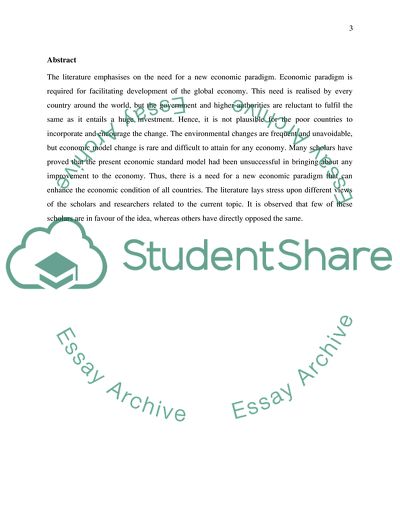Cite this document
(“BEHAVIOURAL FINANCE Literature review Example | Topics and Well Written Essays - 3000 words”, n.d.)
BEHAVIOURAL FINANCE Literature review Example | Topics and Well Written Essays - 3000 words. Retrieved from https://studentshare.org/macro-microeconomics/1653599-behavioural-finance
BEHAVIOURAL FINANCE Literature review Example | Topics and Well Written Essays - 3000 words. Retrieved from https://studentshare.org/macro-microeconomics/1653599-behavioural-finance
(BEHAVIOURAL FINANCE Literature Review Example | Topics and Well Written Essays - 3000 Words)
BEHAVIOURAL FINANCE Literature Review Example | Topics and Well Written Essays - 3000 Words. https://studentshare.org/macro-microeconomics/1653599-behavioural-finance.
BEHAVIOURAL FINANCE Literature Review Example | Topics and Well Written Essays - 3000 Words. https://studentshare.org/macro-microeconomics/1653599-behavioural-finance.
“BEHAVIOURAL FINANCE Literature Review Example | Topics and Well Written Essays - 3000 Words”, n.d. https://studentshare.org/macro-microeconomics/1653599-behavioural-finance.


